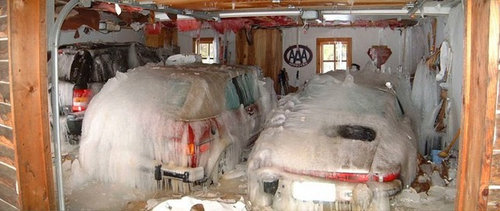

The garden hose was left attached to the water valve on the north side of my house well into the winter. I once wondered about this as well until a few years ago when I conducted an unintentional experiment. You comment that it doesn't seem possible that the water would freeze inside the house unless there was another problem (interior temperature or insulation) causing interior pipes to freeze behind the water valve. A brief search of the internet indicated that this traditional advice was often repeated. Traditional wisdom states that garden hoses should be disconnected from the outdoor water valve in the winter to prevent freezing of water in the pipes inside the house resulting in bursting of those pipes. Interior water lines can freeze and burst in the winter but people wanting to prevent that need to consider factors that influence the temperature of the interior pipes and pipe insulation.Īlso, considering how hose attachments and connections are prone to leak, I wouldn't think most water conservation conscious people would leave the spigot valve open, even in the summer. I think the laws of physics do not support that view. The 1998 article appears to support that view. If the spigot valves are closed, I wouldn't think having a hose connected would make the spigots, the interior house water lines or the water inside them any colder or any more prone to freeze.Ī friend of mine insists that leaving hoses connected causes interior water pipes to freeze and burst even if the valve is closed. Issue: DecemDisconnect water hose in winter?Ī Yard and Garden article (November 9, 1998) stated that leaving hoses connected to spigots may cause interior water lines to freeze and burst.


 0 kommentar(er)
0 kommentar(er)
